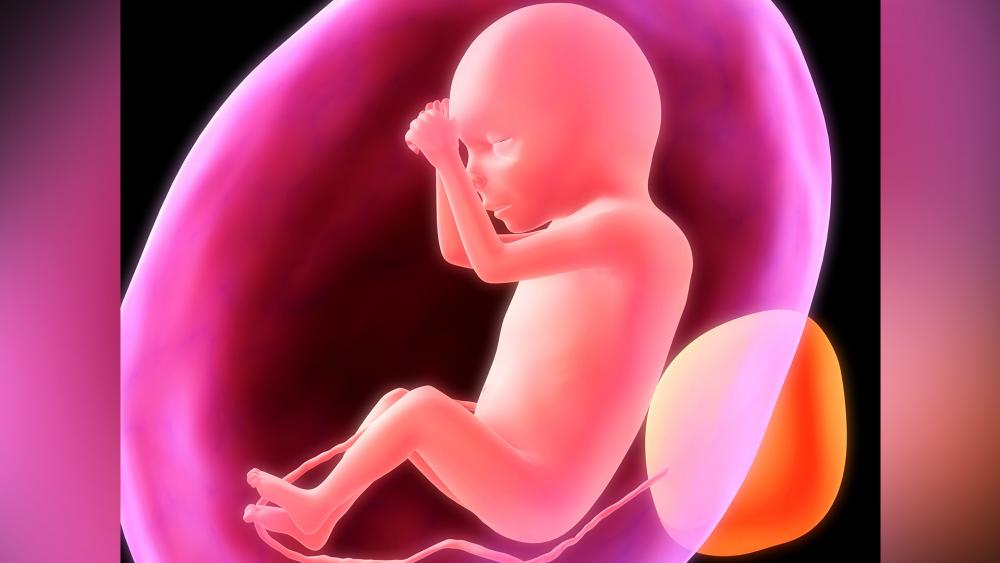A new peer-reviewed study of 2,162,600 Medicaid beneficiaries in 17 states with state taxpayer-funded abortion reveals that "rapid repeat pregnancy" (defined as a second pregnancy within 2 years) is most common among women who have abortions.
Contrary to the narrative pushed by the abortion industry that abortion eases financial or personal problems for pregnant women, the new study authored by researchers at the Charlotte Lozier Institute suggests that a high number of women are pressured into having unwanted first-time abortions.
"The Medicaid data was consistent with other studies showing that up to 64 percent of women feel pressured by others into unwanted abortions and only a minority of aborted pregnancies are unwanted," said Dr. David Reardon, lead author of the study and Associate Scholar at Charlotte Lozier Institute. "Building on these earlier studies, our new analysis of the raw Medicaid data suggests that when a woman is pressured into an unwanted first abortion, those same conditions are likely to persist and contribute to rapid repeat second abortions."
The paper, titled Intervals and Outcomes of First and Second Pregnancies in Low-Income Women: A Record-Linkage Longitudinal Prospective Cohort Study, was recently published online in the peer-reviewed Medical Science Monitor.
***Please sign up for CBN Newsletters and download the CBN News app to ensure you keep receiving the latest news from a distinctly Christian perspective.***
CLI researchers Dr. David Reardon and Christopher Craver studied pregnancy outcomes (live birth, abortion, or natural loss) experienced by 2,162,600 Medicaid enrollees (born after 1982 and at least 14 years old) in the 17 states where taxpayer funding covers abortion who had at least two pregnancy outcomes between 1999 and 2009.
The outcome of each pregnancy was identified and the timing and interval between the first pregnancy outcome and conception of the second pregnancy were calculated.
Key findings from the study:
- Rapid repeat pregnancy was most common among women who had abortions
- 37.5% of women who aborted conceived again within two years vs. 25.6% of women who experienced a miscarriage conceived again within two years
- Abortion leads to more abortion
- 60% of women who aborted their first pregnancy had an abortion of their second pregnancy
"The abortion industry wants women to believe that taking an innocent life is a strategy for happiness. This peer-reviewed study proves yet again that abortion is not a strategy – it's a tragedy," said CLI President Charles A. "Chuck" Donovan. "A tragedy for the baby, yes, but also a tragedy for the mother who is often pressured into an abortion she does not want instead of receiving the support she needs to truly address her personal situation … be it economic, relational, timing, or otherwise.
Donovan added that those who are in doubt about the study's claim just need to "follow the data."
"Taxpayer-funded abortion-on-demand often extends or exacerbates real challenges faced by brave women who are being exploited by a predatory abortion industry," he said. "Pro-choice policymakers should recognize they offer women a poor choice and would do well to focus available resources on real support for women, including pregnancy help centers, community health centers, and other community-based resources that can address underlying needs."
Launched in 2011 as the education and research arm of Susan B. Anthony List, the Charlotte Lozier Institute is a hub for research and public policy analysis on some of the most pressing issues facing the United States and nations around the world. The institute is named for a feminist physician known for her commitment to the sanctity of human life and equal career and educational opportunities for women.
Did you know?
God is everywhere—even in the news. That’s why we view every news story through the lens of faith. We are committed to delivering quality independent Christian journalism you can trust. But it takes a lot of hard work, time, and money to do what we do. Help us continue to be a voice for truth in the media by supporting CBN News for as little as $1.












 Support CBN News
Support CBN News







